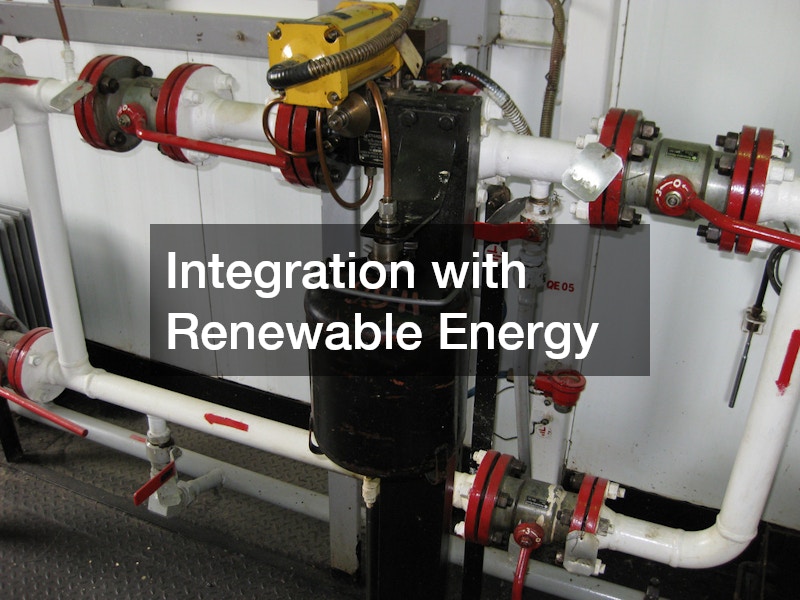Introduction
In recent years, heating oil has been shrouded by numerous myths and misconceptions. These myths often lead to confusion and misinformation among consumers. This article aims to debunk the most common myths about heating oil, providing clarity and a better understanding of this widely used fuel source.
Is Heating Oil Unsafe?
Fire Hazards and Safety Features
Many believe heating oil poses a significant fire hazard due to its flammable nature. In reality, heating oil is less flammable compared to other fuels, as it needs to be vaporized to ignite.
Its high flash point makes it a secure option for residential heating systems, minimizing fire risks.
Heating systems that use oil are equipped with multiple safety mechanisms to prevent leaks and ignition. These systems are checked regularly to conform to safety standards, ensuring household safety. Additionally, heating oil will not explode even under extreme conditions, as it requires a dedicated burner to be used safely.
Environmental Impact
Concerns about the environmental impact of heating oil are prevalent and have fueled many debates regarding its eco-friendliness. However, drastic advancements in technology have made heating oil more environmentally friendly in recent years. The implementation of low-sulfur heating oil has resulted in reduced emissions, making it a cleaner option.
Modern oil boilers are designed to burn fuel more efficiently, contributing less carbon dioxide and other pollutants to the environment. These innovations align with global efforts to reduce the carbon footprint associated with energy consumption. As a result, heating oil remains a viable and improved option with regard to environmental preservation.
Health Implications
There are worries about the health effects of using heating oil in homes, often predicated on misconceptions about emissions and air quality. Properly maintained systems ensure safe usage and can significantly mitigate potential health risks. Adequate ventilation is crucial to maintaining air quality and preventing the buildup of combustion by-products.
Homeowners can install carbon monoxide detectors to enhance safety and monitor air quality effectively. It is essential to understand the importance of regular servicing to prevent leaks and ensure systems are functioning correctly. Heating oil delivers clean combustion, meaning well-maintained units contribute to healthier indoor environments.
Is Heating Oil Too Expensive?
Comparative Costs with Other Fuels
People often think heating oil is the most expensive option for home heating. However, when compared to other fuels like propane and electricity, heating oil can be more cost-effective, especially in colder climates. The cost-efficiency is enhanced by the energy content per gallon, providing more heat per unit than many alternatives.
While upfront costs for oil heating systems may be higher, the long-term savings from fuel efficiency can offset initial expenses. Heating oil systems last longer with proper maintenance, reducing the need for frequent replacements. Furthermore, advancements in heating oil technology have increased efficiency, thereby maximizing cost savings.
Seasonal Price Fluctuations
Price volatility is a major concern for many users, mainly due to seasonal demand fluctuations. Winter months typically see a price increase due to heightened demand, but prices often decrease during off-peak periods. Learning about factors influencing these changes can lead to more informed purchasing decisions and better budget management.
Global oil prices, geopolitical events, and weather patterns play significant roles in the pricing of heating oil. Consumers can benefit from monitoring these factors and considering strategies like filling tanks in spring or summer when prices are typically lower. This proactive approach can result in substantial savings over the heating season.
Long-term Cost Management
Strategies exist to manage heating costs effectively over the long term, debunking myths about uncontrollable expenditures associated with heating oil. Regular system maintenance enhances efficiency, leading to reduced fuel consumption and costs. Upgrading old systems to modern, efficient models can also result in savings.
Consumers can explore adding insulation or weatherproofing homes to minimize heat loss and reduce overall energy requirements. These efforts, combined with using programmable thermostats, help achieve optimal temperature control and fuel economy. As a result, households can enjoy maximum warmth for minimal expenditure.
Is Heating Oil Obsolete?
Technological Advancements
Despite common beliefs, heating oil is far from obsolete, with continued innovations revitalizing its use. Advancements in technologies, such as ultra-efficient burners and condensing boiler systems, have kept heating oil relevant and competitive. These innovations allow for a reduction in energy consumption and emissions, aligning with modern efficiency standards.
Investments in research and development have brought about eco-friendlier heating oil products with lower sulfur content. This progress supports the ongoing use of heating oil in communities with established infrastructure for its distribution. The industry’s willingness to embrace change and innovation ensures its continued relevance and popularity.
Integration with Renewable Energy
Another argument against the obsolescence of heating oil is its ability to integrate with renewable energy sources. Combined systems, utilizing both heating oil and solar or geothermal energy, offer increased efficiency and reduced dependency on fossil fuels. This integration enables households to utilize the best features of both systems to maximize efficiency and sustainability.
Many oil-fired heating systems can be retrofitted or newly designed to accommodate renewable energy technologies. This flexibility allows for seamless blending of traditional and modern energy solutions, promoting cleaner energy consumption. As renewable energy becomes more prevalent, heating oil systems are well-positioned to leverage these developments.
Debunking myths about heating oil clarifies its role as a safe, cost-effective, and relevant energy source. By examining fire hazards, environmental impact, cost, and technological innovations, misconceptions can be addressed effectively. An informed approach to choosing heating options can enhance both home comfort and economic efficiency by dispelling long-standing misconceptions.
.

